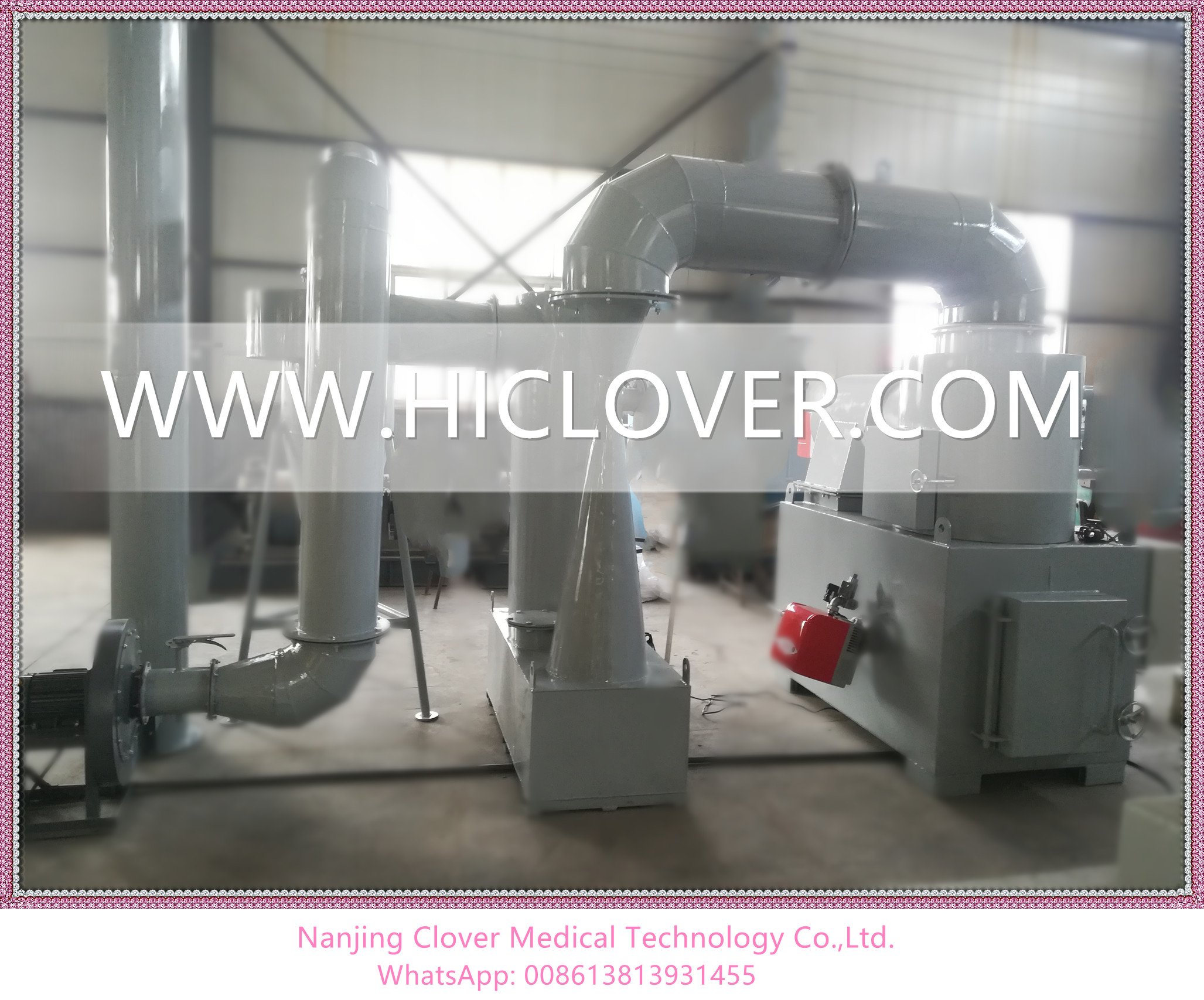Sanitary napkins are a critical necessity for young girls and women, especially in schools. However, their disposal has been a significant environmental concern, as they are non-biodegradable, leading to excessive waste piling up in landfills. Fortunately, schools are taking steps to address this issue by implementing incinerators for sanitary napkin disposal, effectively reducing their environmental impact.
One of the most significant benefits of incinerators for sanitary napkins is that they help in the safe and efficient disposal of used napkins. By burning the napkins at high temperatures, incinerators break them down into ash, significantly reducing their volume and eliminating the need for landfill space. This, in turn, reduces the overall environmental impact of the waste produced by schools.
Moreover, incinerators also help in preventing the spread of diseases and infections. Disposing of used sanitary napkins in regular trash cans not only leads to an unpleasant odor but also poses a health risk. Incinerators effectively eliminate this risk by disposing of the napkins in a safe and hygienic manner, preventing the spread of infections and diseases.
Another advantage of using incinerators in schools is that they promote a clean and hygienic environment. Since incinerators reduce the volume of waste produced, there is a decrease in the amount of waste that needs to be collected and managed, thus leading to a cleaner and more hygienic school environment.
The implementation of incinerators for sanitary napkin disposal in schools also has a positive impact on the overall attitude towards menstrual hygiene. By providing a proper and discreet disposal system for used sanitary napkins, schools create a more supportive and hygienic environment for young girls, helping to reduce the stigma associated with menstruation.
With the increasing emphasis on environmental sustainability and hygiene, more and more schools are investing in incinerators for sanitary napkin disposal. Additionally, many organizations and governments are providing financial assistance and incentives to schools to adopt these environmentally friendly practices.
In conclusion, the implementation of incinerators for sanitary napkin disposal in schools is a positive step towards reducing environmental impact and promoting menstrual hygiene. By effectively managing the waste produced and creating a clean and hygienic environment, schools are not only protecting the environment but also creating a more supportive and respectful atmosphere for young girls and women. It is important for schools to continue to prioritize these initiatives and invest in sustainable and sanitary solutions for the benefit of the environment and the well-being of their students.



